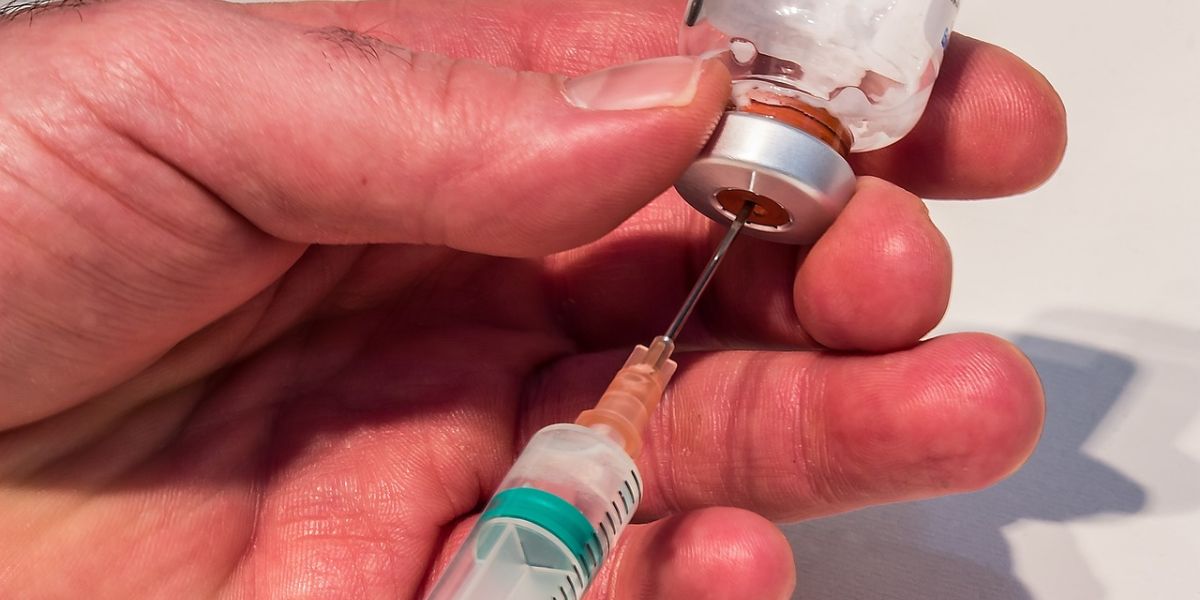Tragic Toll: at Least 17 Die in Florida Due to Sedative Injections During Police Encounters
Over a decade, at least 17 people in Florida died as a result of physical contact with police during which medical staff injected them with a powerful sedative, according to an investigation done by The Associated Press.
Three of the tragic occurrences took place in Orlando. Others were reported around the state, including Tallahassee, Tampa, and West Palm Beach. Two occurrences involving drug administration by Miami-Dade Fire Rescue paramedics. The deaths were among over 1,000 reported by the Associated Press in the United States of persons who died after authorities employed physical force or weapons such as Tasers, which, like sedatives, are not intended to kill. According to medical professionals, the police force caused or contributed to around half of the deaths.
The Associated Press was unable to determine the role injections may have had in many of the 94 sedation-related deaths discovered nationwide between 2012 and 2021. Few of these deaths were related to sedation, and authorities rarely probed whether injections were acceptable, instead focused on police use of force and other substances in people’s systems.
The injections are intended to calm belligerent persons, which is generally the result of narcotics or a psychotic episode so that they can be taken to the hospital. Supporters argue that sedatives allow for faster treatment while sparing front-line responders from violence. Critics believe that administering drugs without consent is too unsafe during police contact.
According to the inquiry, which was conducted by the AP in partnership with FRONTLINE (PBS) and the Howard Centers for Investigative Journalism, Florida had one of the highest number of sedation incidents. According to the AP investigation, medical officials in Florida had a significant role in advocating the use of sedatives in order to prevent violent police interactions. And, in 2006, a grand jury investigating the deaths of victims stunned with Tasers in Miami-Dade County suggested squirting the sedative midazolam, sometimes known as Versed, up their noses.
Miami-Dade paramedics quickly embraced this method, despite worries that the medication could cause respiratory depression. Other Florida emergency medical care departments later became early adopters of ketamine, a sedative.
The Florida cases featured various sedatives, including ketamine, midazolam, and ziprasidone, an antipsychotic drug.
According to Eric Jaeger, an emergency medical services trainer in New Hampshire who has studied the subject and advocated for further safety precautions and training, AP’s analysis demonstrates that the risks of sedation during behavioral emergencies extend beyond any one medicine. “Now that we have better information, we know that it can present a significant danger regardless of the sedative agent used,” she said.
The medications were frequently used to treat “excited delirium,” an agitated condition associated with drug use or mental illness that medical organizations have condemned in recent years. The controversial syndrome originated in Miami in the 1980s.











